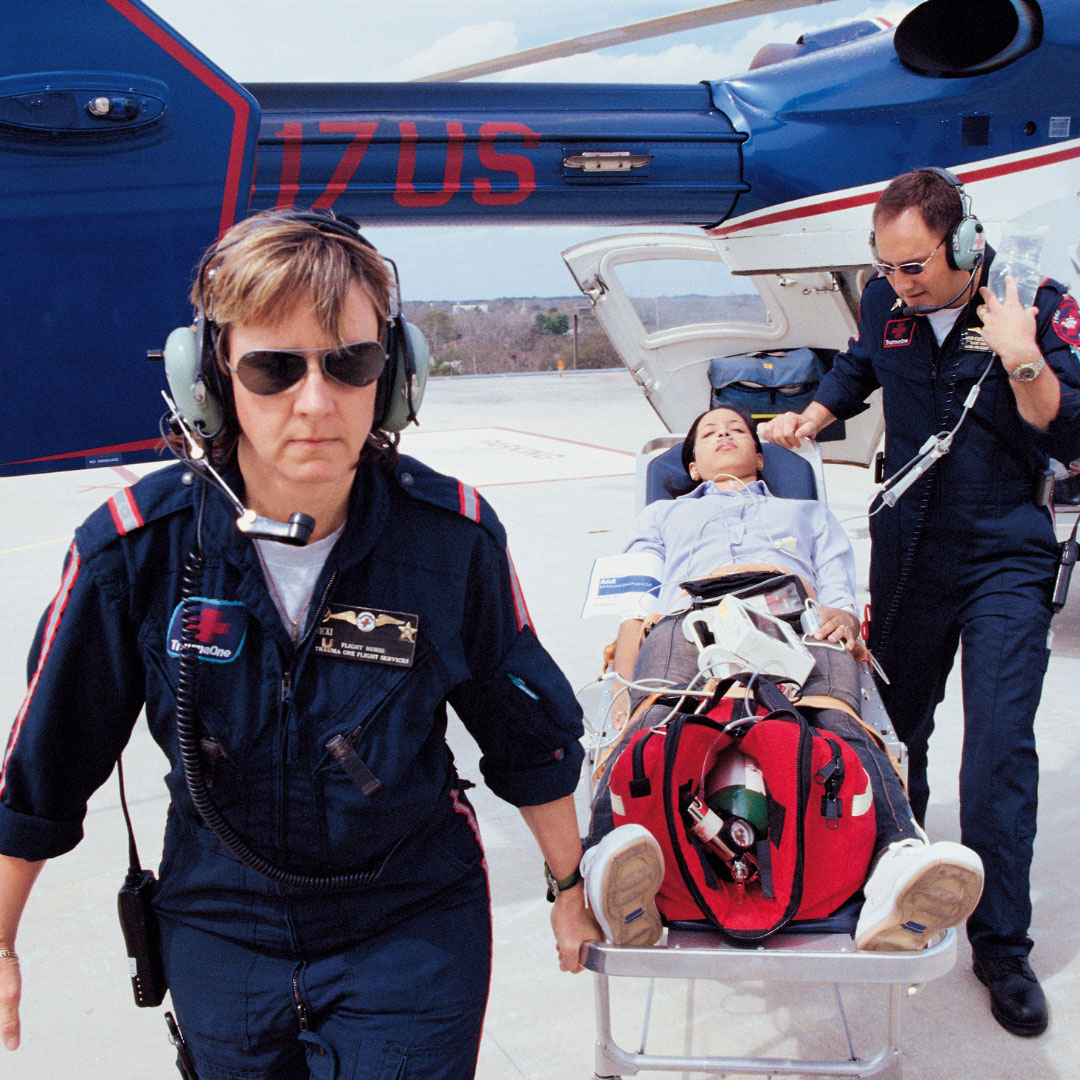
Many occupations have associated hazards. Construction workers are more likely to suffer injuries related to falls or malfunctioning equipment, while taxi drivers are at risk of accident-related injuries like whiplash, broken bones, or concussions.
Hospital workers face a unique set of risks due to their regular interaction with contagious and often violent patients. According to OSHA, hospitals are among the most dangerous places to work in the United States, with 6 injury cases out of every 100 private hospital workers in 2011.
If you receive an injury while working in a hospital, an experienced New York workers’ compensation lawyer like O’Connor Law can make sure you get the compensation and benefits you are legally entitled to.

Why Are Hospitals So Dangerous?
People generally associate hospitals with healing, so they may be surprised at the high rate of on-the-job injuries among hospital workers. This rate has several causes, including the fast pace of work, the amount of lifting involved, the potential for slips and falls, and the exposure to contagious diseases. Hospital workers also have to contend with sometimes violent visitors or patients and accidents involving needles.
In addition to potential injuries inside the hospital, some workers face risks associated with transportation, including ambulance and helicopter crashes.
Sprains
Two of the most common injuries hospital workers report are muscle strains and sprains. Workers regularly transfer patients from one bed to another and often need to move heavy medical equipment from room to room.
Lifting heavier patients can result in muscle strain in the back, neck, and arms. A pulled back muscle can cause problems throughout the body, making it difficult for a nurse or doctor to continue working. Back problems can also be challenging to prove since they often stem from seemingly innocuous activities and can slowly worsen over time.
Repetitive stress injuries (RSIs) like tendonitis, tennis elbow, and carpal tunnel syndrome are also common. RSIs occur when someone repeats the same motion again and again. Because many nurses and doctors have a routine, they are at a higher risk for developing an RSI. With the widespread use of computers in hospitals, carpal tunnel syndrome is a likely injury, especially for people typing without a supportive chair or ergonomic keyboard.
Cuts and Pricks
Hospital workers regularly work with needles, scalpels, and other sharp implements. Although there are many safety regulations workers need to follow, accidents can always happen. If there is an accident, it can range in severity. Being pricked by a clean needle likely won’t cause much damage, although you should still report the incident to your employer, but a dropped scalpel could cause serious injury.
Exposure to Disease
Hospitals are hotspots for diseases. In addition to the dangers of pricks from dirty needles, workers routinely encounter biowaste, sometimes without protective gear. These encounters can increase the likelihood that a nurse, orderly, or doctor contracts the patient’s disease.
Hospitals also face a shortage of PPE (Personal Protective Equipment), particularly this year. Many workers had to treat patients with damaged, minimal, or no PPE, creating a unique risk. There is evidence that the more exposure someone has to the novel Coronavirus, the worse their symptoms will be if they contract it.
There are many highly contagious virus in the population. If hospital workers don’t have adequate access to PPE or are exposed to an infection due to human error, they may be eligible to receive workers’ compensation benefits.

Violence
Seventy-five percent of workplace assaults occur in hospitals, making them so commonplace that many hospital workers consider it part of the job. Assaults are particularly common in Emergency Departments and psychiatric wards against both nurses and doctors.
Sometimes, people not associated with hospital workers or current patients come into the hospital intending to cause violence. Far more prevalent are the attacks from patients’ family, friends, or enemies. Other attacks come from other healthcare workers, previous employees, friends, ex-partners, or hospital workers’ family members.
Patients under the influence also sometimes respond violently to medical workers offering aid, causing injury.
Because hospitals are such high-stress environments, it is not surprising to see workplace violence. However, if a coworker, patient, or bystander attacks you at work, you should immediately report the incident to your employer and apply for workers’ compensation.
Transportation Accidents
Sometimes, patients need to be transported to another hospital quickly. Hospitals use helicopters and ambulances to transport these patients, opening up the possibility of crashes and subsequent injuries.
Unfortunately, due to the speed with which ambulances travel, the fatality rate among ambulance crashes is much higher than the average vehicle fatality rate. If your loved one died in an ambulance crash while working, you might be able to apply for death benefits, which can cover up to two-thirds of their weekly wage and funeral costs.
Protect Your Rights
If you are a hospital worker and received an injury at work, whether through malicious or accidental actions, you are likely eligible for workers’ compensation in the state of New York. At O’Connor Law, we specialize in fighting for injured workers’ rights.
Call us today at (914) 595-4502 to schedule your free consultation and learn more about what benefits you can receive. Don’t wait to call; the longer you wait to file a workers’ compensation claim, the easier it is for your employer to deny you the benefits you are legally entitled to receive. Let our team handle the paperwork and deadlines, so you can focus on resting, healing, and returning to work.

